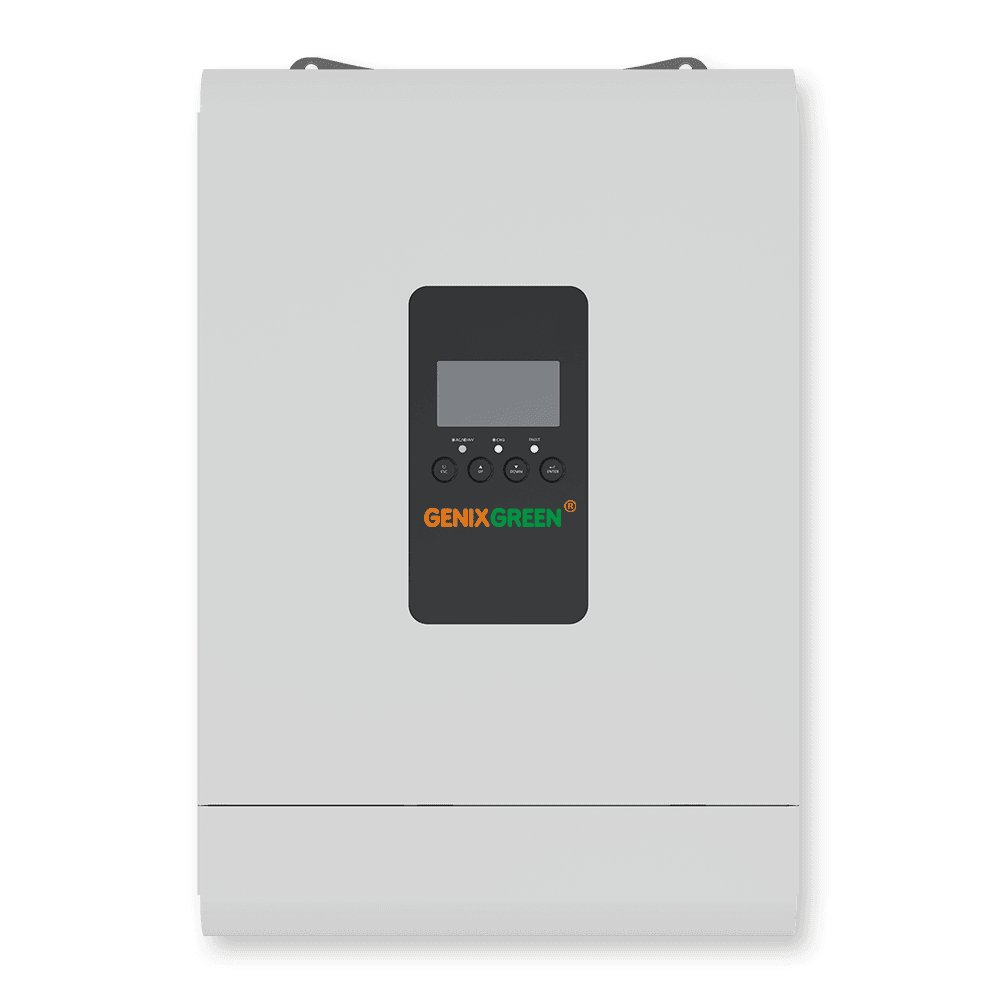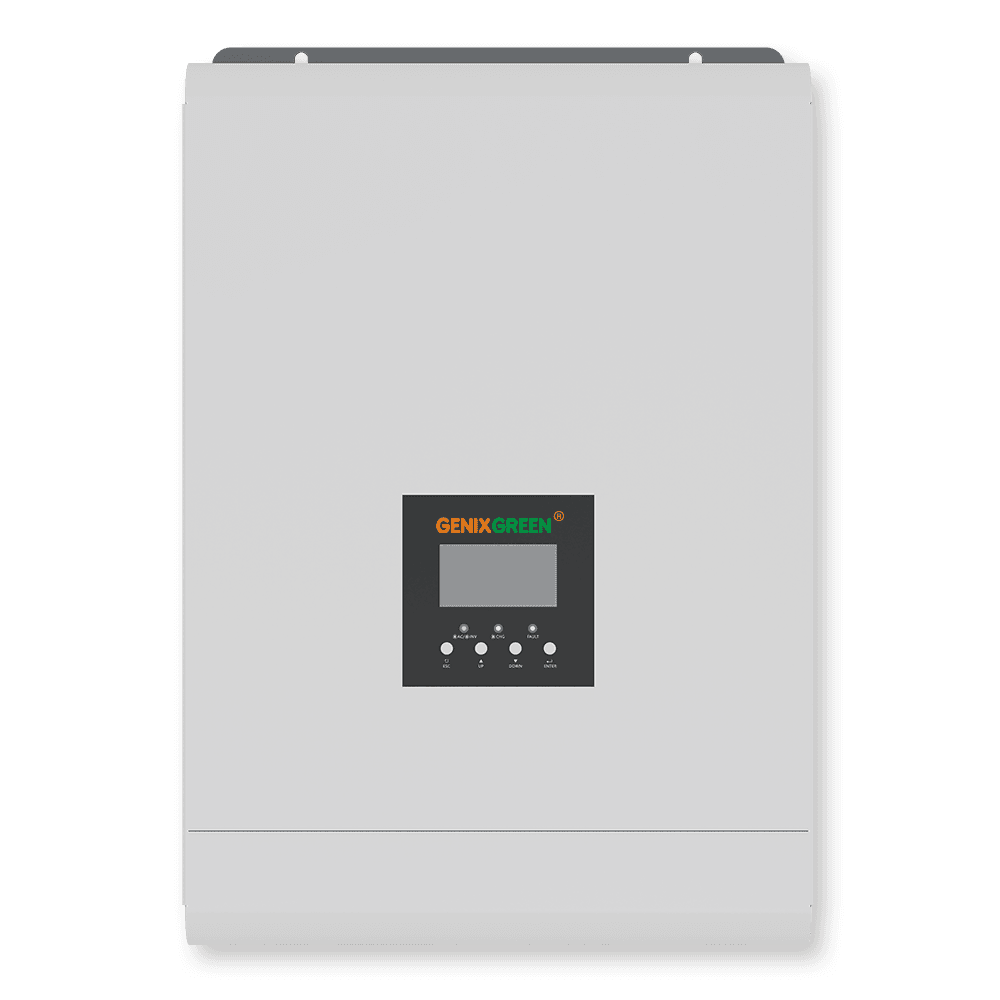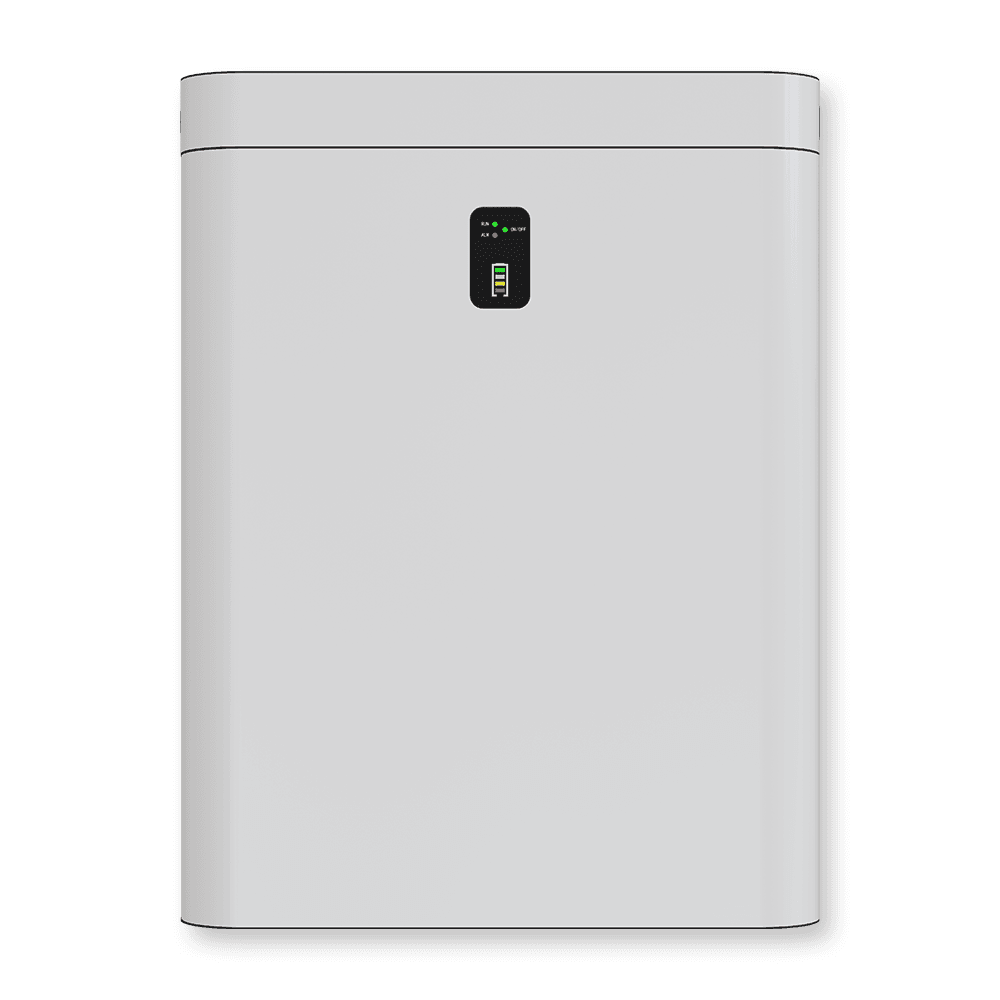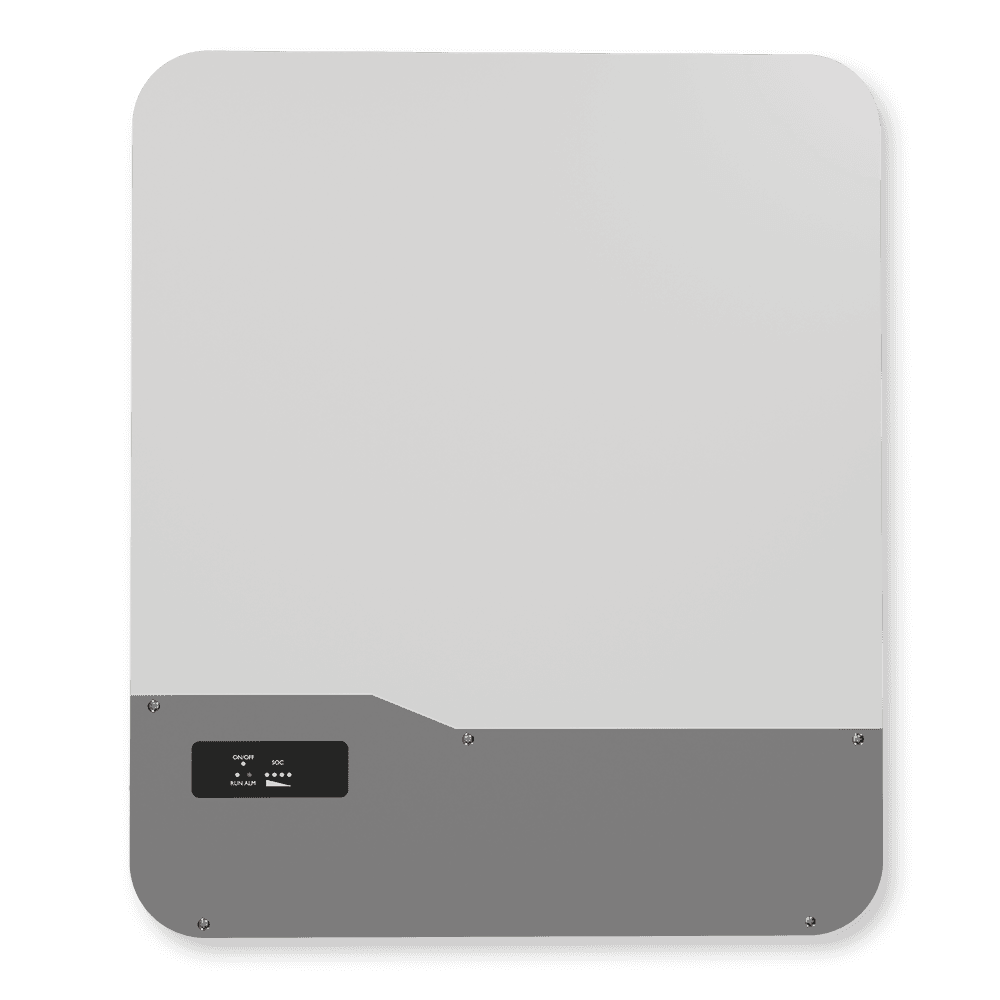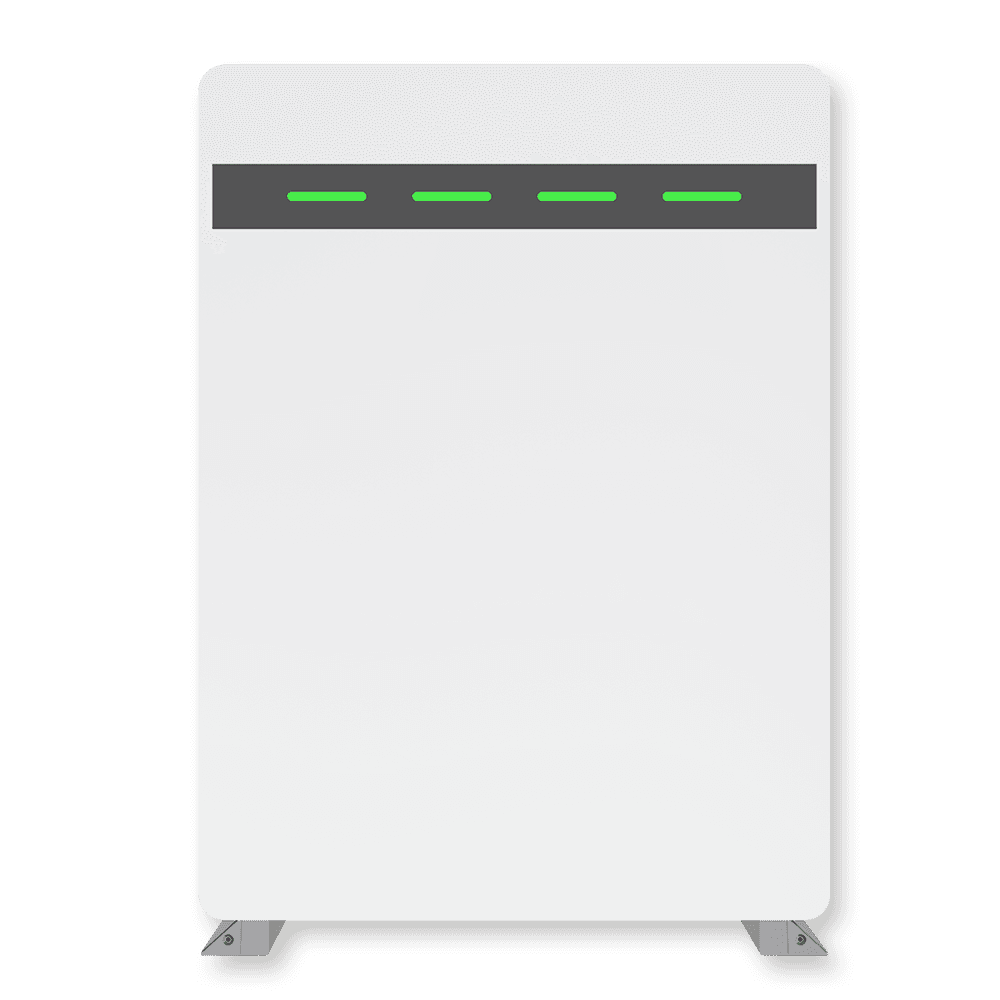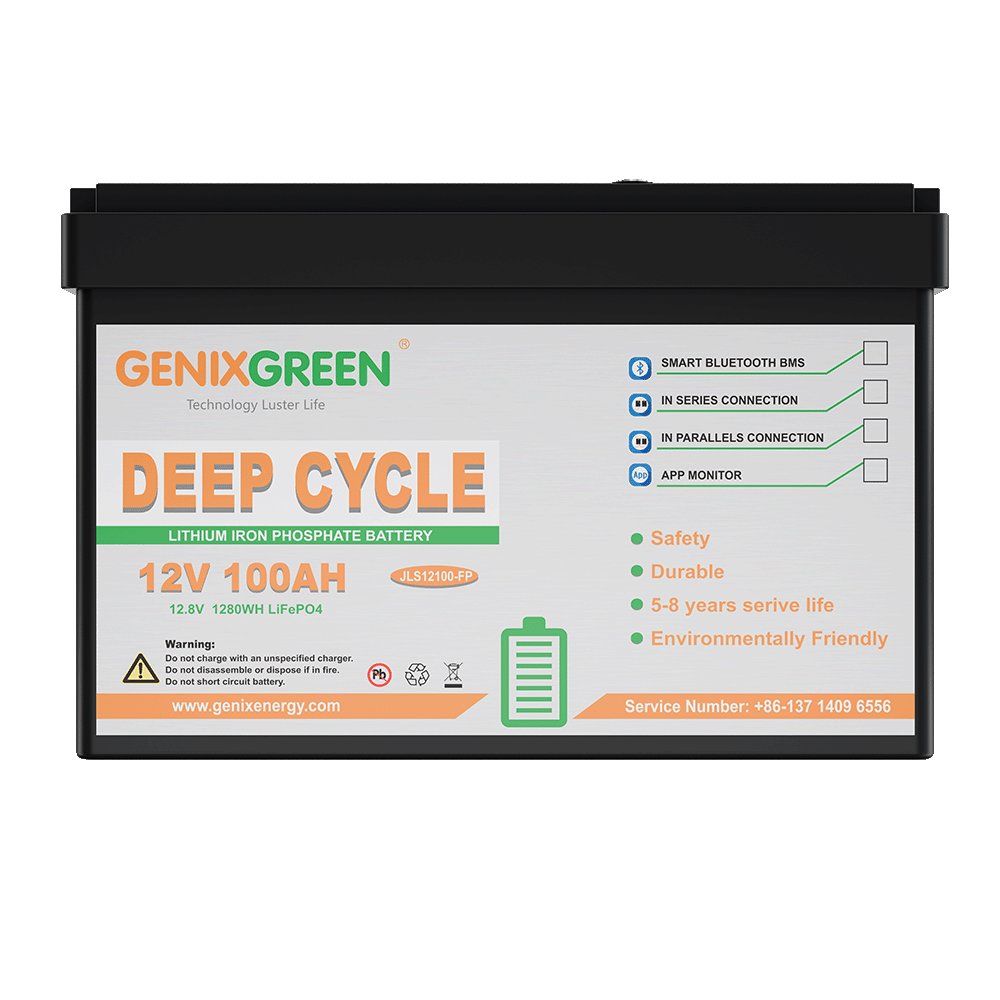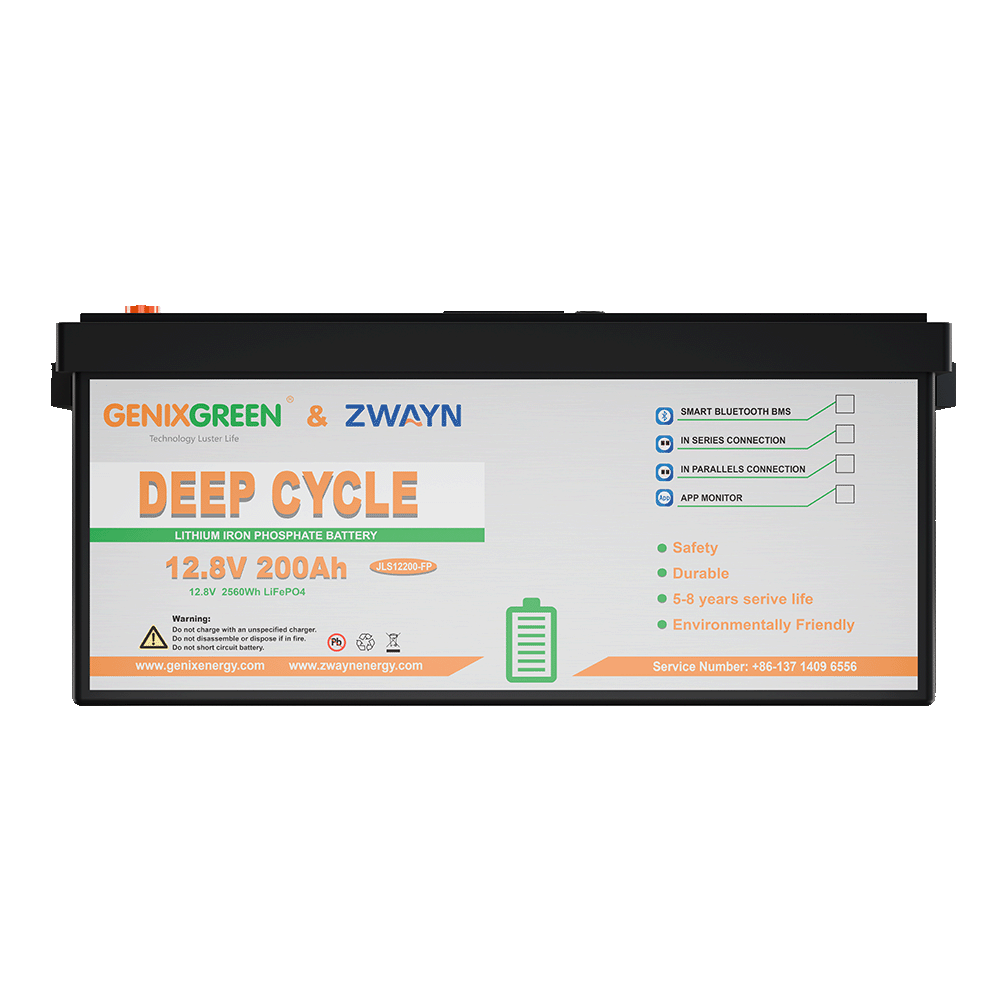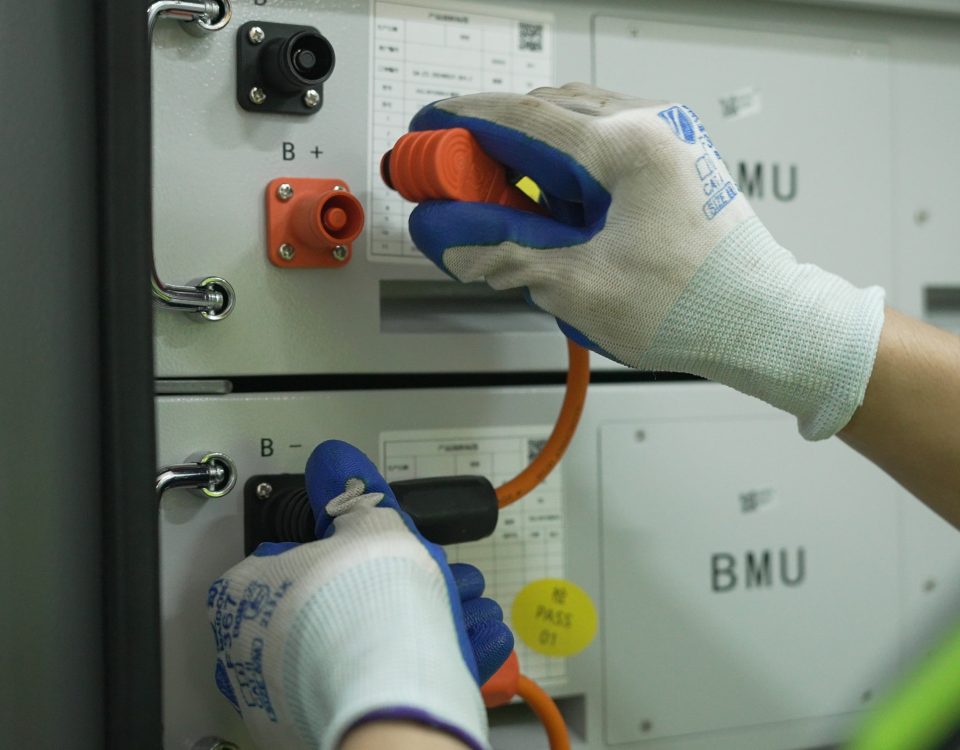
What happens if you have a lithium battery in checked luggage

Good luck starting on February 5, 2025, Happy New Year
- If a rechargeable lithium battery is not used for a long time, it will automatically discharge.
If you do not use a lithium battery for a long time, when the lithium battery is idle, due to the nature of the battery itself, self-discharge, passivation of positive and negative electrode materials, and decomposition of the electrolyte will occur. Don’t think that if you don’t use it, its power will not change. It will secretly discharge automatically. It’s just that its self-discharge is relatively small. Generally, the monthly self-discharge rate of lithium-ion batteries from regular manufacturers is 6%-8%. That is to say, if a fully charged lithium battery is not used for 1 month, the self-discharge rate may be around 6%-8%. Therefore, if you are not going to use a lithium battery for a long time, remember to charge it well. Otherwise, if the lithium battery has only about 20% of its power, you let it idle for more than 3 months, and the power will be exhausted. If the lithium battery is exhausted, it can no longer be charged, which is equivalent to scrapping.
Lithium-ion batteries are a relatively complex electrochemical system. After long-term storage, the internal balance will gradually change. When accumulated to a certain extent, lithium batteries tend to undergo the following changes:
(1) Physical properties
According to the actual proof after the lithium battery is stored for a certain period of time, the physical properties of the battery (appearance, size, weight, etc.) will undergo certain changes, especially the appearance properties. This trend of change is more obvious when the temperature and humidity of the storage environment are not good. Under high humidity conditions, the increase in the importance of lithium batteries after long-term storage is significantly higher than that of batteries placed under low humidity conditions. For example, the steel shell of the battery is prone to rust under high humidity conditions, resulting in a slight improvement in quality. Rusting will not affect the internal state of the battery, but will directly affect the shipment of the product and may have a negative impact on the electronic components matched with it.
(2) Electrochemical properties
●Capacity, long-term storage The capacity change of lithium batteries is mainly reflected in two points: one is the decrease in battery capacity, which is mainly caused by self-discharge; the other is the increase in irreversible capacity, which is mainly determined by the irreversible consumption reaction between the chemical systems inside the battery. Self-discharge is inevitable in all lithium-ion batteries.
●Internal resistance. For lithium batteries stored for a long time, the resistance tends to increase with the increase in storage time. Exceeding a certain internal resistance will cause the internal battery to exceed the benchmark and be scrapped or degraded. Therefore, it is necessary to pay attention to the resistance change of the battery during long-term storage.
●Discharge characteristics, the discharge characteristics of lithium-ion batteries show a downward trend after long-term storage. The low-temperature performance of batteries stored for a long time is significantly reduced.
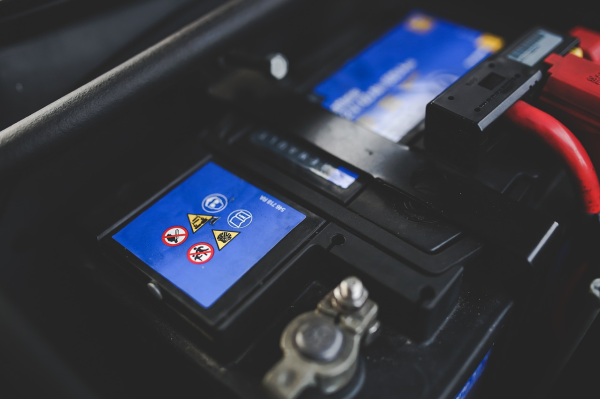
- How to store lithium batteries when they are not used for a long time?
Although when lithium batteries are idle for a long time, we must charge them first and then store them. However, we cannot fully charge them. Why? Because after the lithium battery is fully charged, the battery voltage will reach the highest. The higher the voltage, the more intense the chemical reaction of the electrolyte will be, which will accelerate the aging of the lithium battery. This is why the lithium battery of a newly purchased mobile phone is not full, about 30% of the power. Professionals recommend that if the lithium battery is not used for a long time, it is best to charge it to between 50%-90%. You can refer to the battery protection mechanism of Apple mobile phones. The battery is in a compromise power maintenance, so that no matter what battery it is, it will extend its service life, so that the storage time will be longer.
The lithium battery life of a lithium battery is affected by the operating temperature and ambient humidity. High temperature and high humidity will accelerate the lithium battery life of a rechargeable battery. It is recommended to store rechargeable batteries in a dry natural environment between 0°C and 20°C. If the lithium battery is not used for a long time, it should be charged to 50%~80% of its capacity, and should be removed from the instrument and stored in a dry and cool environment. The battery should be charged once every 3 months to avoid long storage time and battery self-discharge. If the capacity is too low, it will cause irreversible capacity loss. If the lithium battery emits odor, heat, discoloration, deformation or any abnormality during use, storage or charging, please remove the battery from the device or charger immediately and stop using it.
Storage requirements for lithium iron phosphate batteries
- Lithium iron phosphate batteries can be stored in three-dimensional shelves according to the technical requirements of the product itself, which is conducive to cost control and the utilization of storage space.
- When storing lithium iron phosphate batteries, deformation caused by stacking and extrusion, or leakage caused by damage to the battery product should be avoided.
- Lithium iron phosphate batteries should be stored in places that are not exposed to direct sunlight or rain. If the battery is wet, the insulation resistance will decrease, and self-discharge and chlorination may occur. Rising temperature will impair the normal function of the battery.
- Use packaging that meets the requirements for safe storage or transportation, such as ordinary wooden boxes, corrugated boxes, PVG boxes, etc., to ensure the safe storage of goods to the greatest extent.
- Develop emergency plans for various lithium iron phosphate battery accidents and conduct regular drills when conditions permit.


